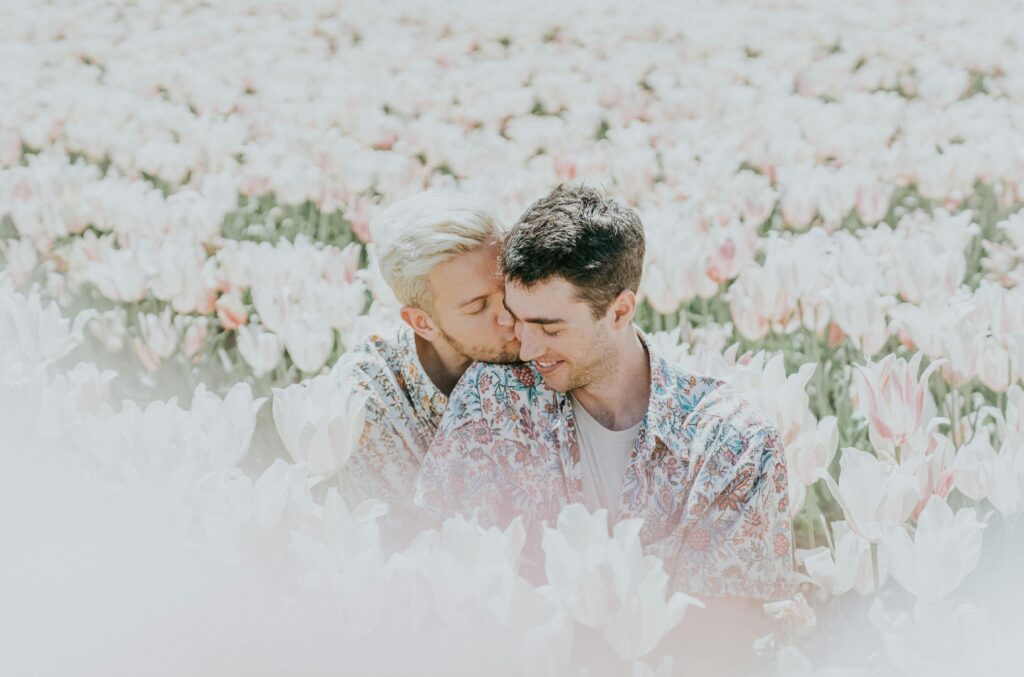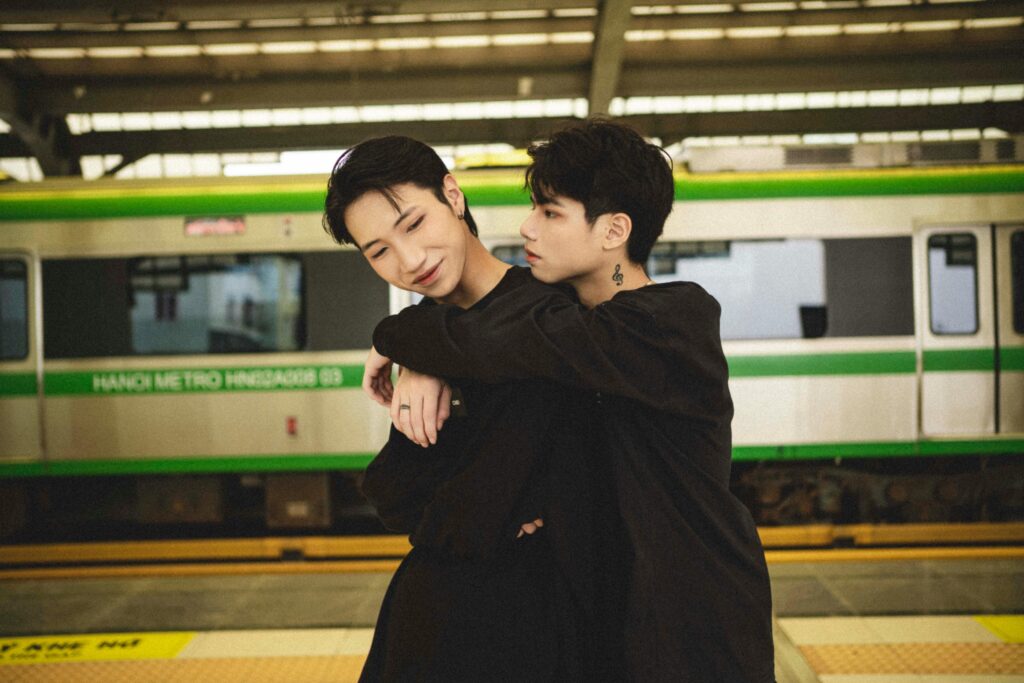Gay Culture in Cambodia: A Comprehensive Exploration
Cambodia, with its rich history and vibrant culture, is also home to a burgeoning LGBTQ+ community. Despite facing challenges shaped by historical events and prevailing social norms, the LGBTQ+ population has displayed remarkable resilience and creativity in advocating for visibility and equality.
This article delves into the historical, social, legal, and cultural dimensions of gay culture in Cambodia, providing an in-depth understanding of its unique characteristics and ongoing evolution.
Historical Context of Gay Culture in Cambodia

Pre-Khmer Rouge Era
Historically, Cambodian society exhibited a level of acceptance toward diverse sexual orientations and gender identities, influenced by the country’s predominant Buddhist culture. In Buddhism, sexuality is often seen through a non-judgmental lens, focusing more on personal conduct than rigid moral codes. Ancient Khmer art and literature, such as carvings at Angkor Wat, suggest that non-normative relationships were acknowledged in society.
Impact of the Khmer Rouge
The Khmer Rouge regime (1975–1979) disrupted this relative tolerance. Under Pol Pot’s oppressive rule, traditional cultural expressions were systematically eradicated, and LGBTQ+ identities were forced into silence. Community structures that once offered a sense of belonging to LGBTQ+ individuals were decimated, leaving long-lasting scars that the community still strives to heal today.
Current Legal Landscape
Legal Status of Same-Sex Relationships
Same-sex relationships are legal in Cambodia, but they lack official recognition. For example, Cambodia does not legally recognize same-sex marriage or civil unions. While the constitution guarantees equality, the absence of explicit legal protections leaves LGBTQ+ individuals vulnerable to discrimination.
Marriage and Family Rights
The Cambodian government has yet to legalize same-sex marriage. However, a form of legal recognition known as a “declaration of family relationship”offers limited acknowledgment for same-sex couples. Activists continue to campaign for full marriage equality, with increasing public support adding momentum to the cause.
| Aspect | Status in Cambodia |
|---|---|
| Legal Status of Homosexuality | Legal |
| Same-Sex Marriage | Not Recognized |
| Anti-Discrimination Laws | Absent |
Protection Against Discrimination
Cambodia does not have laws explicitly protecting LGBTQ+ individuals from discrimination in areas like employment, education, or healthcare. Advocacy groups like the Cambodian Center for Human Rights are actively pushing for legal reforms to fill this gap.
Social Attitudes and Acceptance

Public Perception
Cambodian society displays a mix of acceptance and stigma towards LGBTQ+ individuals. While younger generations, particularly in urban areas like Phnom Penh and Siem Reap, are more open-minded, traditional norms in rural regions perpetuate social pressure to conform. According to a 2023 survey, nearly 60% of Cambodians support same-sex marriage, showing a positive shift in attitudes.
Challenges Faced by LGBTQ+ Individuals
Discrimination, familial expectations, and limited legal protections contribute to the struggles faced by LGBTQ+ Cambodians. Transgender individuals often encounter heightened stigma, particularly in access to employment and healthcare.
LGBTQ+ Community and Activism
Key Organizations
The LGBTQ+ community in Cambodia is supported by organizations like Rainbow Community Kampuchea (RoCK) and the Cambodian Center for Human Rights. These groups focus on advocacy, health education, and providing safe spaces for LGBTQ+ individuals.
Activism and Advocacy
In recent years, Cambodian LGBTQ+ activists have organized campaigns addressing marriage equality and workplace discrimination. Global collaborations, such as those with international LGBTQ+ rights organizations, amplify their impact.
Cultural Expressions within the LGBTQ+ Community
Art and Media
LGBTQ+ artists, writers, and filmmakers are at the forefront of challenging stereotypes and promoting visibility. Films like Poppy Goes to Hollywood have brought Cambodian LGBTQ+ stories to international audiences. Online platforms and blogs further provide avenues for self-expression and community building.
Nightlife and Social Spaces
Phnom Penh and Siem Reap are hubs for gay-friendly establishments. Bars like Space Hair Salon & Bar in Phnom Penh and events like drag shows attract both locals and tourists, offering vibrant social spaces for the community.
Travel Considerations for LGBTQ+ Visitors
Safety for LGBTQ+ Travelers
Cambodia is considered LGBTQ+ friendly, especially in urban centers. However, visitors should remain cautious in rural areas where traditional norms prevail. Basic safety measures, like discretion in public displays of affection, are advisable.
LGBTQ+-Friendly Destinations
Phnom Penh and Siem Reap offer inclusive spaces, such as Pride Week events and gay-friendly accommodations. These destinations highlight Cambodia’s growing acceptance of diversity.
Future Outlook for Gay Culture in Cambodia

Evolving Norms
The younger generation is more accepting of diverse sexualities and gender identities, signaling a cultural shift. Urbanization and exposure to global ideas through social media are significant drivers of this change.
Potential Legal Reforms
Ongoing governmental discussions and advocacy efforts could lead to the legalization of same-sex marriage and anti-discrimination protections. Activists remain hopeful that Cambodia will continue moving towards inclusivity.
Continued Activism
Grassroots movements play a crucial role in fostering acceptance and advocating for legal reforms. Their persistence will be instrumental in shaping a more inclusive Cambodian society.
Conclusion
Cambodia’s gay culture is a testament to resilience and creativity amidst societal and legal challenges. While there is progress in acceptance and visibility, much work remains in securing full equality and recognition for LGBTQ+ individuals. By embracing diversity and continuing to advocate for change, Cambodia’s LGBTQ+ community is shaping a brighter, more inclusive future.
For more on LGBTQ+ rights in Cambodia, visit the Cambodian Center for Human Rights and Rainbow Community Kampuchea.







